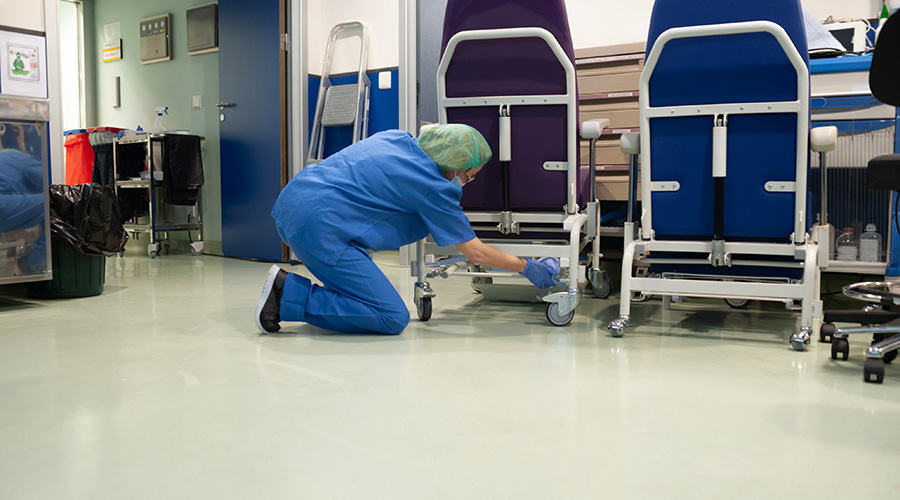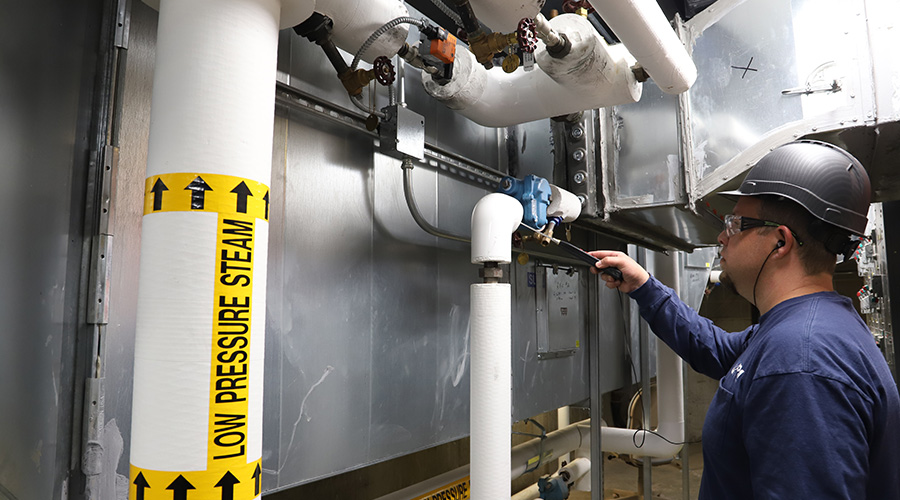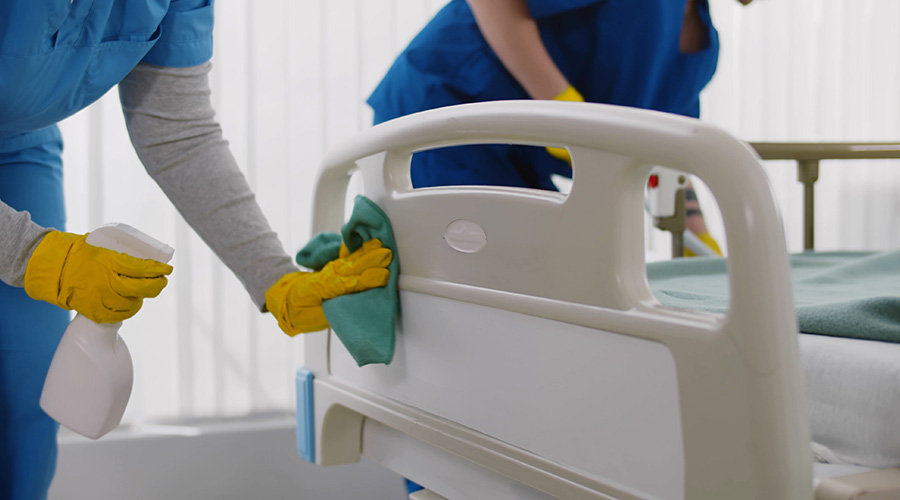GURNEE, IL — Outpatient facilities accredited by the American Association for Accreditation of Ambulatory Surgery Facilities, Inc. (AAAASF) treat and filter many patients daily. Since patient safety is the mission of AAAASF, the organization is providing a facility preparedness checklist for Ebola, as well as facts about the virus in the United States.
Checklist for outpatient facilities
Monitor the situation at the Centers for Disease Control and Prevention (CDC) website at http://www.cdc.gov/vhf/ebola.
Assess and ensure availability of appropriate personal protective equipment and other infection control supplies such as hand hygiene supplies.
Review facility infection control policies.
Recognize a case of Ebola and be prepared to use appropriate infection control measures.
Review environmental cleaning procedures.
Begin education and refresher training for health care providers on Ebola virus disease signs and symptoms, diagnosis, how to obtain specimens for testing, triage procedures, employee sick leave policies, how and to whom Ebola cases should be reported and procedures to take following unprotected exposures.
Avoid contact with the blood or bodily fluids of an infected patient.
Have the capability to request diagnostic tests or prepare samples for shipping and testing elsewhere.
Ensure laboratories review procedures for appropriate specimen collection, transport and testing of specimens from patients who may be infected with Ebola virus.
Facts about Ebola in the United States
Ebola is a severe, often fatal disease in humans and non-human primates such as monkeys, gorillas and chimpanzees.
Humans cannot get Ebola through the air, water or food.
Ebola can be obtained by touching the blood or bodily fluids of a person who is sick with or has died from Ebola.
Ebola can be obtained by touching contaminated objects, such as needles.
Ebola can be obtained by touching infected animals, their blood or other bodily fluids, or their meat.
Those infected with the Ebola virus should be isolated, provided intravenous fluids and balancing electrolytes and maintain oxygen status and blood pressure.
Signs and symptoms of Ebola
According to the CDC, a person infected with Ebola is not contagious until symptoms appear. Signs and symptoms typically include a fever of more than 101.5, severe headache, muscle pain, vomiting, diarrhea, stomach pain and unexplained bleeding or bruising. Symptoms may appear anywhere from two to 21 days after exposure to Ebola with the average being eight to 10 days. For more information about the Ebola virus, visit aaaasf.org.
About the AAAASF
The American Association for Accreditation of Ambulatory Surgery Facilities, Inc. (AAAASF) was established in 1980 to develop an accreditation program to standardize and improve the quality of medical and surgical care in outpatient facilities while assuring the public that patient safety is top priority in an accredited facility.
Today, more than 2,100 outpatient facilities are accredited by AAAASF, one of the largest not-for-profit accrediting organizations in the United States. Surgeons, legislators, state and national health agencies and patients acknowledge that AAAASF stands alone as the program setting the "gold standard" for quality patient care. For more information, visit http://www.aaaasf.org or Facebook, LinkedIn and Twitter.

 Biofilm 'Life Raft' Changes C. Auris Risk
Biofilm 'Life Raft' Changes C. Auris Risk How Healthcare Restrooms Are Rethinking Water Efficiency
How Healthcare Restrooms Are Rethinking Water Efficiency Northwell Health Finds Energy Savings in Steam Systems
Northwell Health Finds Energy Savings in Steam Systems The Difference Between Cleaning, Sanitizing and Disinfecting
The Difference Between Cleaning, Sanitizing and Disinfecting Jupiter Medical Center Falls Victim to Third-Party Data Breach
Jupiter Medical Center Falls Victim to Third-Party Data Breach